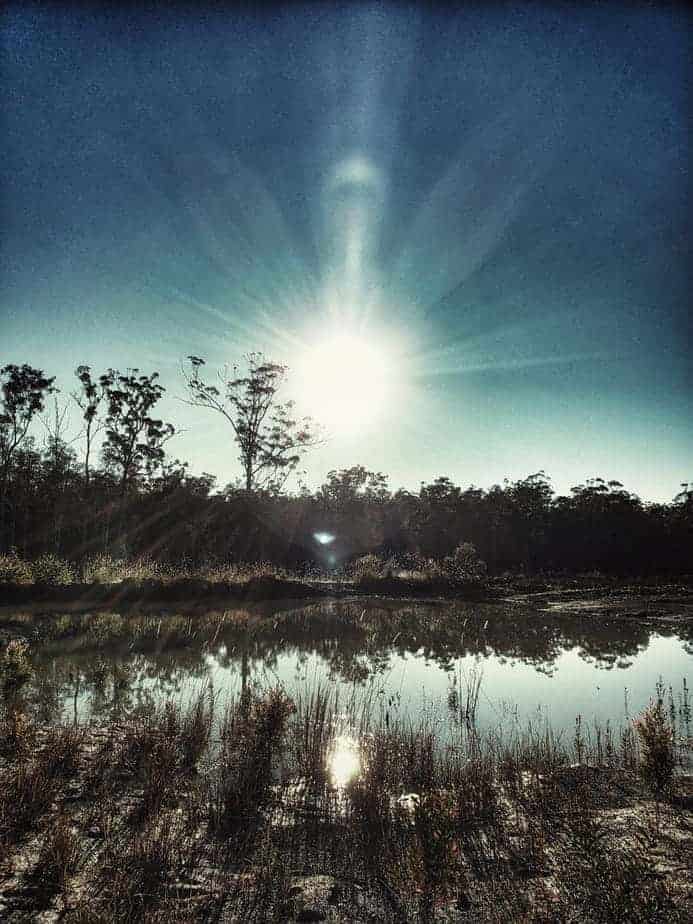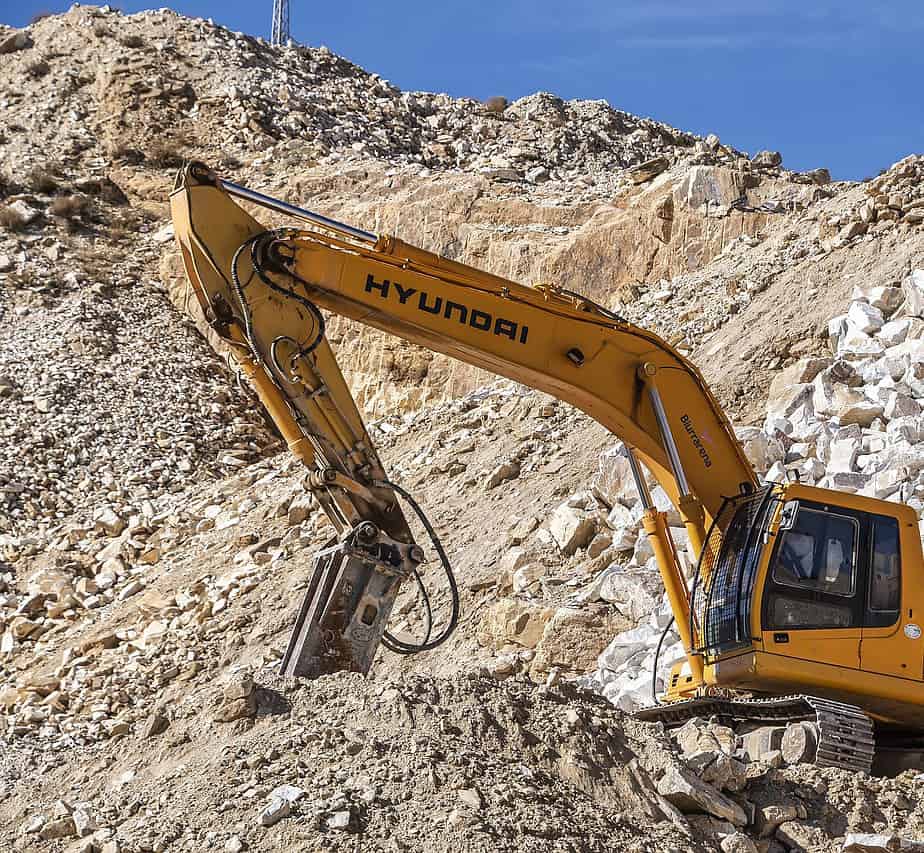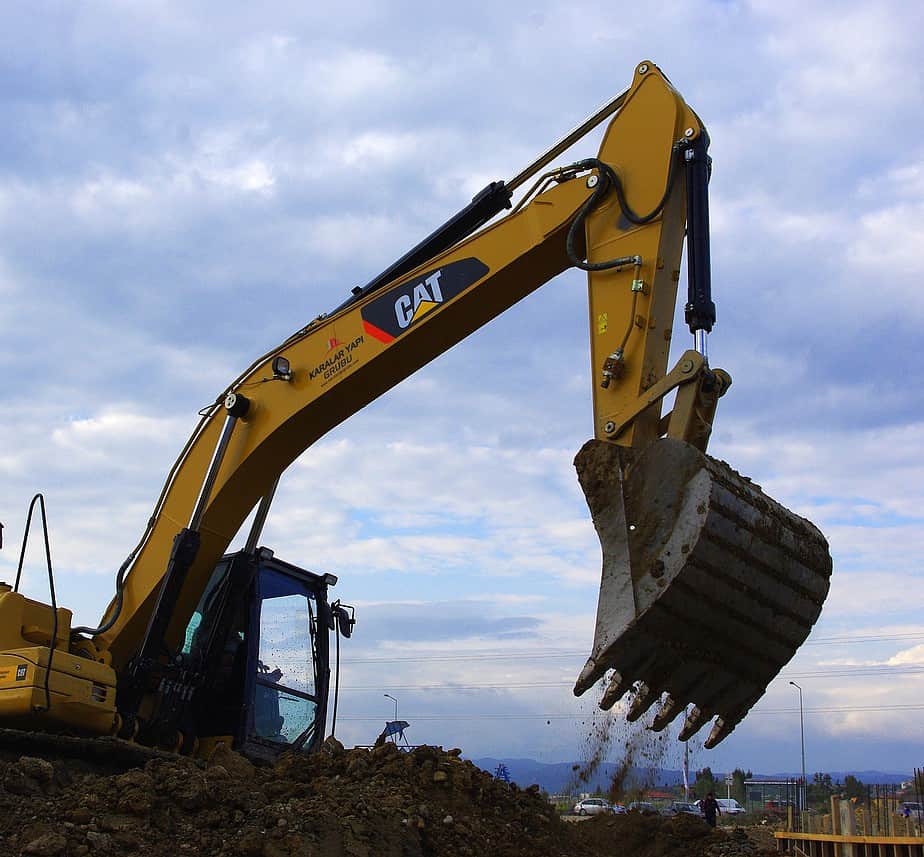As concerns about environmental sustainability continue to grow, the need for innovative and eco-conscious engineering practices becomes more evident. One area that holds tremendous potential for incorporating sustainable principles is dam design. Permaculture, a holistic approach to designing systems that are harmonious with nature, offers a unique framework that can transform conventional dam construction into environmentally friendly and resilient projects. In this blog post, we’ll explore how to integrate permaculture principles into dam design for a more sustainable future.
Tag Archives: design
Farm dams are essential water storage structures for agricultural operations, providing a reliable supply of water for irrigation, livestock, and domestic needs. Constructing a farm dam on sloping terrain presents unique challenges that require careful planning, design, and attention to stability. In this blog post, we will explore the key considerations and best practices for designing and ensuring the stability of farm dams built on sloping terrain. By following these guidelines, farmers can optimize water storage capacity and reduce the risk of dam failure, ensuring the long-term success of their agricultural endeavours.
Building a farm dam is a crucial step for small-scale farmers looking to secure a reliable water supply for irrigation, livestock watering, and other agricultural needs. However, successful dam construction requires careful planning and attention to design considerations. In this blog post, we will explore the key factors that farmers need to consider when planning and designing a farm dam. By understanding these considerations, farmers can make informed decisions that will ensure the functionality, durability, and sustainability of their farm dam
Is it a good idea to create a new dam around a small existing dam?
Long story short, the answer is no – because dams need separation from each other.
The reason being, in hydrology physics and the study of morphology (form and structure) of dam wall design, you need a wet side and a dry side to ensure wall stability
This is achieved through the process of transpiration






